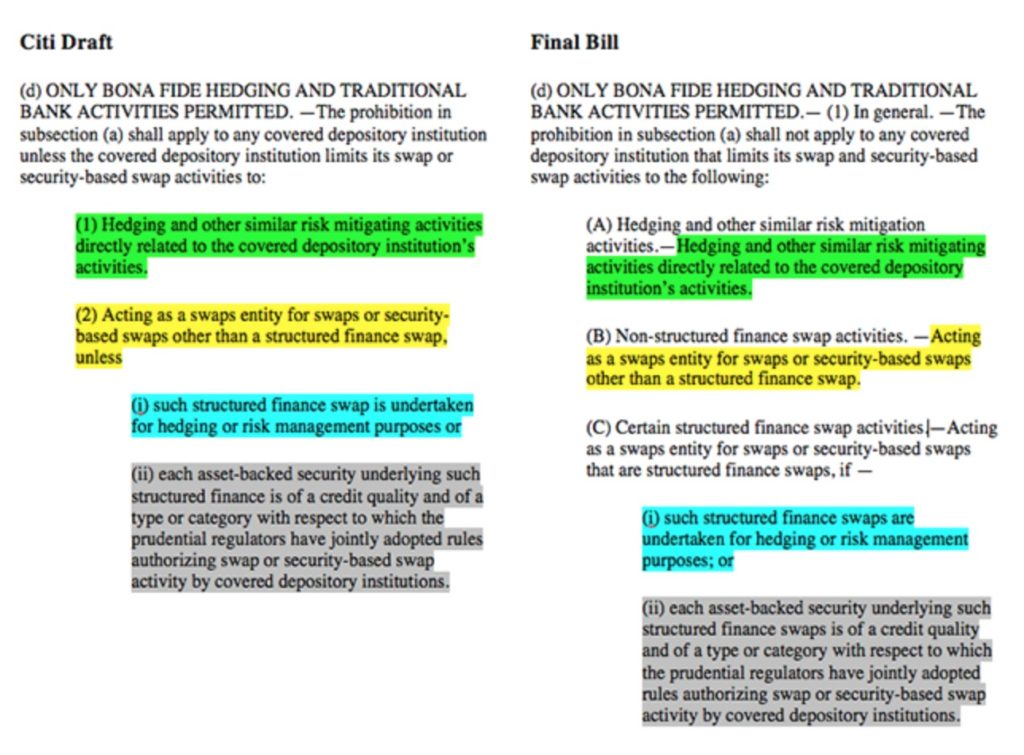Vladimir Putin has ordered the Russian state energy giant Gazprom to cut natural gas supplies to and through Ukraine to the EU in a little reported move. It took place late on Wednesday and was overshadowed by the Swiss National Bank market turmoil yesterday.
Russia has shut off gas supplies through Ukraine to six EU states, ostensibly due to Ukraine’s alleged illegal siphoning gas from the pipeline. The European Union warned that the sudden cut-off to some of its member countries was ‘completely unacceptable’. The move comes just as winter begins to bite across Europe.
The pipeline crossing Ukraine supplies over 60% of the entire EU’s natural gas. Six countries – Greece, Bulgaria, Macedonia, Croatia, Romania and Turkey – report a complete halt of gas coming in from Russia.
Yesterday, Ukraine confirmed that Russia had completely cut off their supply. Croatia said it was temporarily reducing supplies to industrial customers while Bulgaria said it had enough gas only ‘for a few days’ and was already in a ‘crisis situation’.
There is the risk of an energy crisis and it is worrying that the move comes about at a time of increased maneuverings and posturing by NATO and the Russian army and deepening conflict in Ukraine.
Ukraine lurched back toward full-scale conflict today as troops loyal to the new Ukraine government battled with pro-Russian forces for control of an eastern airport.
Ukraine said yesterday that cease fire violations have surged to a new record, while the nation’s security council warned the unrest may spark a “continental war” and German Chancellor Angela Merkel called for emergency talks.
Russia is planning to divert it’s EU bound natural gas to a pipeline through Turkey opening at the Turkey-Greece border. Bloomberg quotes Valentin Zemlyansky of the Ukrainian gas company Naftogaz, “They [the Russians] have reduced deliveries to 92 million cubic metres per 24 hours compared to the promised 221 million cubic metres without explanation,”
“We do not understand how we will deliver gas to Europe. This means that in a few hours problems with supplies to Europe will begin.”
Russian Energy Minister, Alexander Novak put it bluntly, “The decision has been made. We are diversifying and eliminating the risks of unreliable countries that caused problems in past years, including for European consumers.”
Bloomberg reports, “Gazprom, the world’s biggest natural gas supplier, plans to send 63 billion cubic meters through a proposed link under the Black Sea to Turkey, fully replacing shipments via Ukraine, Chief Executive Officer Alexey Miller said during the discussions.”
“We have informed our European partners, and now it is up to them to put in place the necessary infrastructure starting from the Turkish-Greek border,” Miller said.
Such a project would likely take months to implement. In the mean-time many Europeans may not have access to gas to warm their homes through winter and many industries will also be without gas – effecting production, employment in already struggling economies.
Whether or not Russia is calling Europe’s bluff in a bid to ease sanctions is unclear at this point. It appears that Turkey, an erstwhile NATO member, is warming to Russia, possibly due to the instability that western actions in the Middle East have brought to Turkey’s doorstep.
Earlier this week Turkish President Erdogan made the stunning accusation that “the West” staged the attacks in Paris last week.
The French, also, have been considering a foreign policy independent of the NATO status-quo. France is in the process of completing two battle ships for sale to Russia. Earlier this month President Hollande stated that sanctions against Russia should be lifted.
Tensions and suspicions are escalating even within the Western block. The EU does not have many cards left to play in dealing with Russia.
Tensions in the EU may arise as natural gas required for industry may have to be diverted to households to avoid social upheaval.
Geopolitical tensions are escalating across the world, concurrent with indications of an imminent and severe recession globally.
Gold has played an important role in protecting peoples wealth in uncertain times and will do so again in the coming years.
Knowledge is power. Below are some of our most popular guides in recent months






















